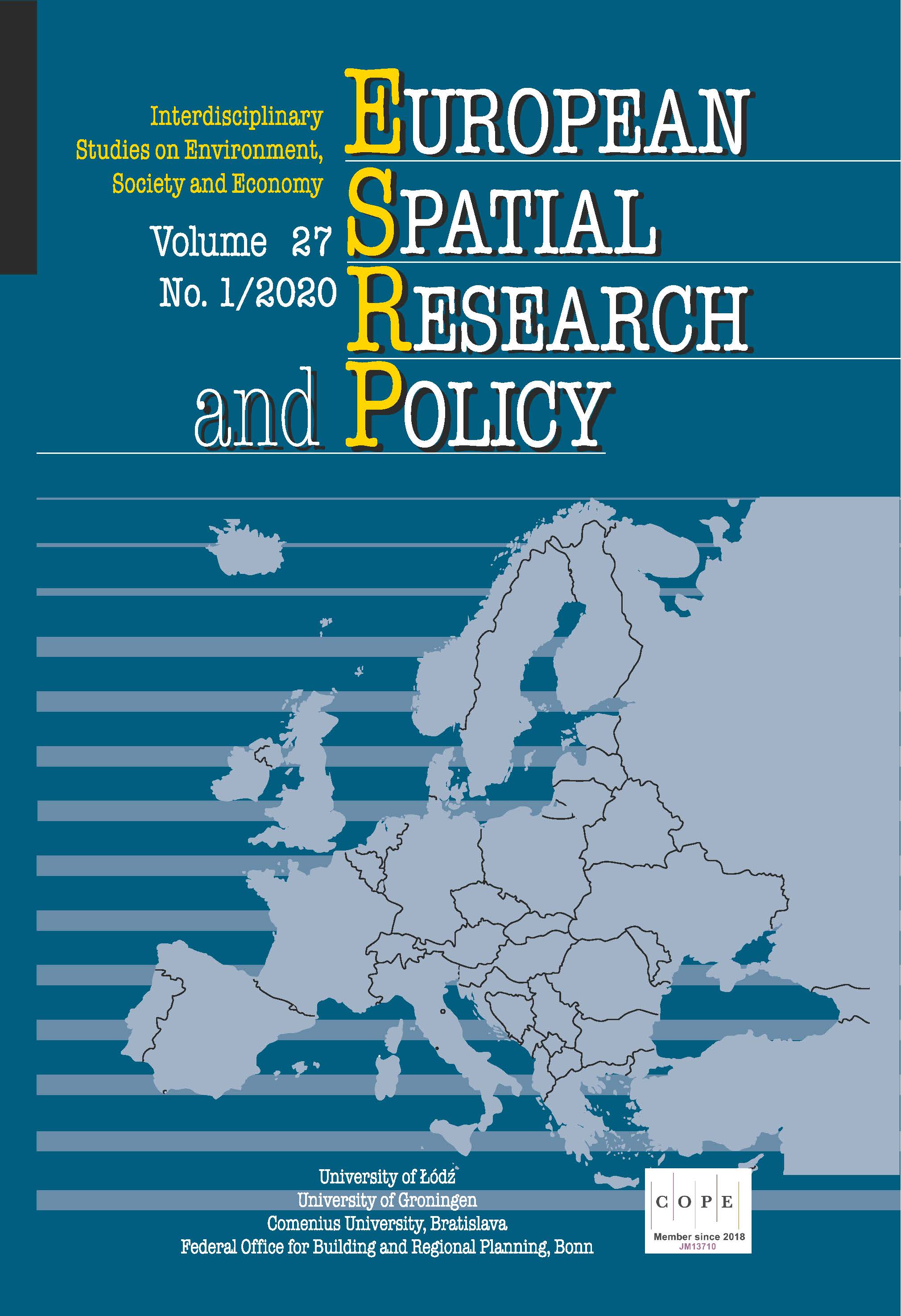Urban Strategic Planning from the Perspective of Well-Being: Evaluation of the Hungarian Practice
Urban Strategic Planning from the Perspective of Well-Being: Evaluation of the Hungarian Practice
Author(s): Zoltán Bajmócy, Judit Gébert, György Málovics, Boglárka Berki, Judit JuhászSubject(s): Architecture, Rural and urban sociology
Published by: Wydawnictwo Uniwersytetu Łódzkiego
Keywords: urban strategic planning;capability approach (CA);well-being;agency;Hungary
Summary/Abstract: The present paper evaluates Hungarian strategic urban planning from the perspective of well-being. It conceptualises well-being in line with Amartya Sen’s capability approach (CA). We argue that the CA provides a meaningful concept of common good or public interest for evaluation. The open-ended nature of CA allows one to embrace the complexity of strategic planning, but it is definite enough to provide a clear normative framework for evaluation. We base our conclusions on 49 interviews with various local actors in three second-tier cities. We conclude that the CA-based evaluation can supplement the dominantly used conformance or performance-based evaluation approaches. We also found that instead of depicting an unachievable ideal state, the CA is able to provide guidance for feasible steps to further well-being.
Journal: European Spatial Research and Policy
- Issue Year: 27/2020
- Issue No: 1
- Page Range: 221-241
- Page Count: 21
- Language: English

